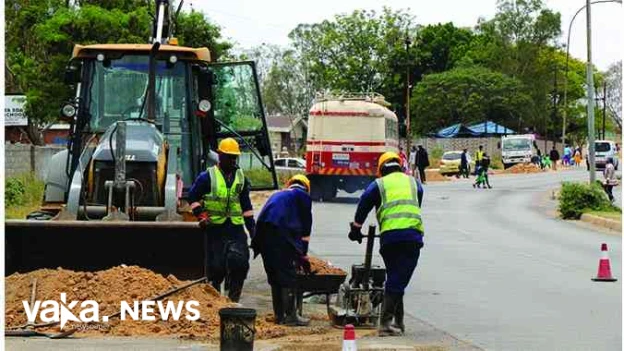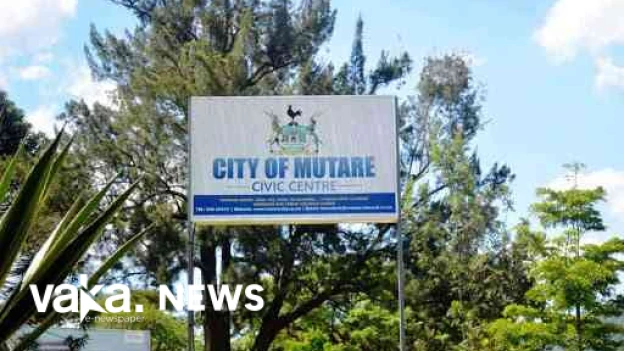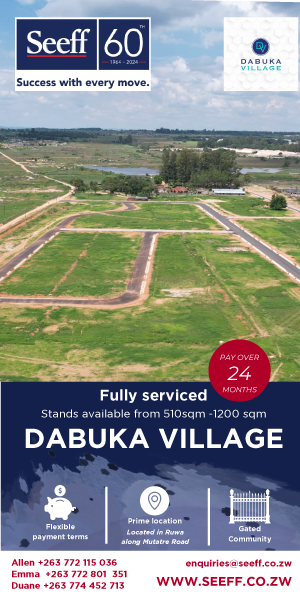PPC capex lags due to delayed fly ash project
- Category: Construction

- By Dion Kajokoto
PRETORIA Portland Cement (PPC) says its capital expenditure remains behind the target of R600 million for the financial year to March 2024 due to delayed implementation of the fly ash project in Zimbabwe.
The fly ash project, which was in the procurement phase, was one of the capital expenditures included in the group's announcement from last November. PPC stated in an operational update for the ten months that concluded on January 31, 2024, that the project's delayed execution was caused by the inability to get access to the power plant in time to finish the design and commercial contract. "The group's capital expenditures for the full financial year are still below the guidance of R600 million, primarily because of the fly ash project's (expansion capex) delay in Zimbabwe."
This is a scheduling problem brought on by a hold-up in getting into the power plant to finish the commercial contract and plant design. "This is anticipated to start in FY25 instead of FY24, which will cause the benefits of this expansion project to be delayed by about a year," PPC stated. According to the report, free cash flow in South Africa and Botswana—defined as net cash inflow prior to financing operations and excluding dividends from Zimbabwe—rose from R242 million in the previous period to R364 million in the current period.
During the first half of March 2024, the share repurchase program surpassed the R200 million permitted level. South Africa and Botswana went cash positive during the current quarter and had a net cash position of R280 million as of January 31, 2024, after receiving the money from the sale of CIMERWA (the Rwanda operation). PPC recently declared that it was selling its fifty-one percent stake in CIMERWA. "As of January 31, 2024, Zimbabwe remained debt-free and had R95 million in liquid funds." According to the statement, "the group's targeted gross leverage of 1.3 to -1.5 times the EBITDA of its operations in South Africa and Botswana (including dividends from Zimbabwe) remains unchanged."
In the meantime, the company's Zimbabwean operation had considerable growth throughout the reviewed period, increasing by 41% thanks to government-funded infrastructure projects and housing. According to the cement producer, the government prioritized infrastructure development, including road restoration, dam construction, and housing construction, and designated infrastructure as one of the main economic boosters. Among these infrastructure development projects are the restoration of the Harare-Beitbridge Highway and Lake Gwayi-Shangani, whose construction is anticipated to be finished by the end of this year.
As stated in the National Development Strategy 1 (NDS 1), which aims to move the nation into an upper middle-income economy position by 2030, the Second Republic has prioritized residential and infrastructure development since taking office in 2017. Due in part to the better base in the comparable period, cement volumes grew by 41% in the current period, although this was slightly less than the 44% growth in the previous half-year. According to PPC, "growth continues to be strong as a result of both government-funded infrastructure projects and residential construction, as well as limited imports and a low base in the comparable period due to the extended shutdown."
Comparing the 10-month period to the 10-month period ending January 31, 2023, the group's revenue climbed by 276.6%. The group stated that the primary reason for this was the sustained robust expansion of PPC's operations in Zimbabwe in comparison to the low base throughout the same period. PPC Zimbabwe announced dividend payments of US$4 million and US$7 million in July and November of 2023, respectively. This year's dividend announcement is anticipated in July.






